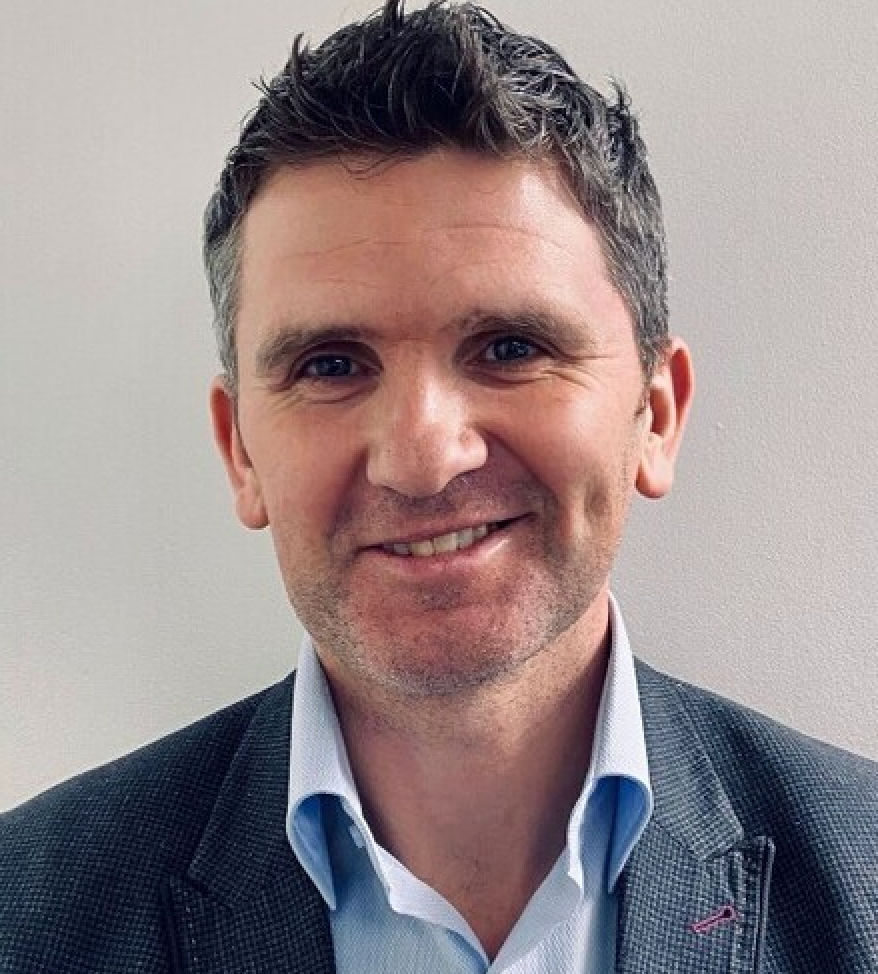
Everyone is updating business trips for the new world of work, except for payment. BLEISURE is not a trend. This is how modern professionals think about the transformation of time, travel and value. One day, this is the Fintech roundtable in Amsterdam. Next week, this is a Basel artwork in Paris. The Seoul Investor Summit became an in-depth dive in cooking. This is what purposeful hybrid travel looks like today – employers are catching up quickly. Flexible policies. Relaxed approval. Even executives encourage “making the most out of it.”
But while the HR team is rewriting the rules and the Tourism Commission is embracing the shift, part of the industry is sticking to the past: payments.
The problem is: the financial system expects every meal or taxi to fit a neat box marked “business” or “personal.” Actually? Nearly half Business travelers will extend their trip if allowed. Try to explain to the finances that the hotel on Sunday night is a Monday meeting, but Saturday’s Beach Day is personal.
It’s not just embarrassment – it’s broken. The traveler is stuck in trouble by the administrator, the finance team speculated. The policy is vague or planned frantically. The worst part? Tools designed to help are far from suitable for purpose.
And, since older generations may grit their teeth and endure it, Gen Z will not at all. They grew up, app-based banking and real-time refunds. They expect flexibility, but they are also clear. They won’t tolerate vague policies or clumsy processes, so they need tools that make jobs easy to work separately.
The commercial travel industry is beginning to address these legacy inefficiencies directly. HiltonFor example, becoming the first global hotel group to integrate virtual card payment details directly into their property management systems. This eliminates the need for travelers to propose physical payment methods when checking in, thus ensuring a clearer line between individual and business spending and that corporate elements have been taken care of. This is a small change, but a meaningful signal that the legacy system is finally being questioned.
BLISURE BOOM reveals the simple fact: travel has evolved, but the financial pipeline has not caught up. almost $1.64 trillion The market is not a small supervision, it is a strategic failure. However, we are still asking employees to pay from change, filter through receipts, and justify each order item, as if it was 2012.
We are still asking people to make prerequisite fees, track receipts and chase reimbursements, just like they did ten years ago. Data shows that UK employees are almost under pressure £7,500 There are claims for expenses every year, and 43% of employees are fighting personal bills for delays in reimbursement. That is unsustainable.
Virtual payments have changed this outdated reality. They raise clean boundaries between spending categories and automate tedious administrators. When a virtual card is generated, it is associated with a specific spending purpose, meaning that transactions can be automatically classified, such as separating hotel reservations from ground transportation. They provided the financial team with almost real-time oversight, so three weeks after the fact, no one reconciled the spreadsheet.
Most importantly, they provide people with choice. The freedom to travel in a way that works for them without making it harder for the financial team to get the job done. This is the gap fintech needs to be closed.
If BLEISURE is the new look of flexibility, then payments will not be a weak link, and the way we pay for it shouldn’t be trapped in the past. If we take modern travel seriously, it’s time to modernize our money.







